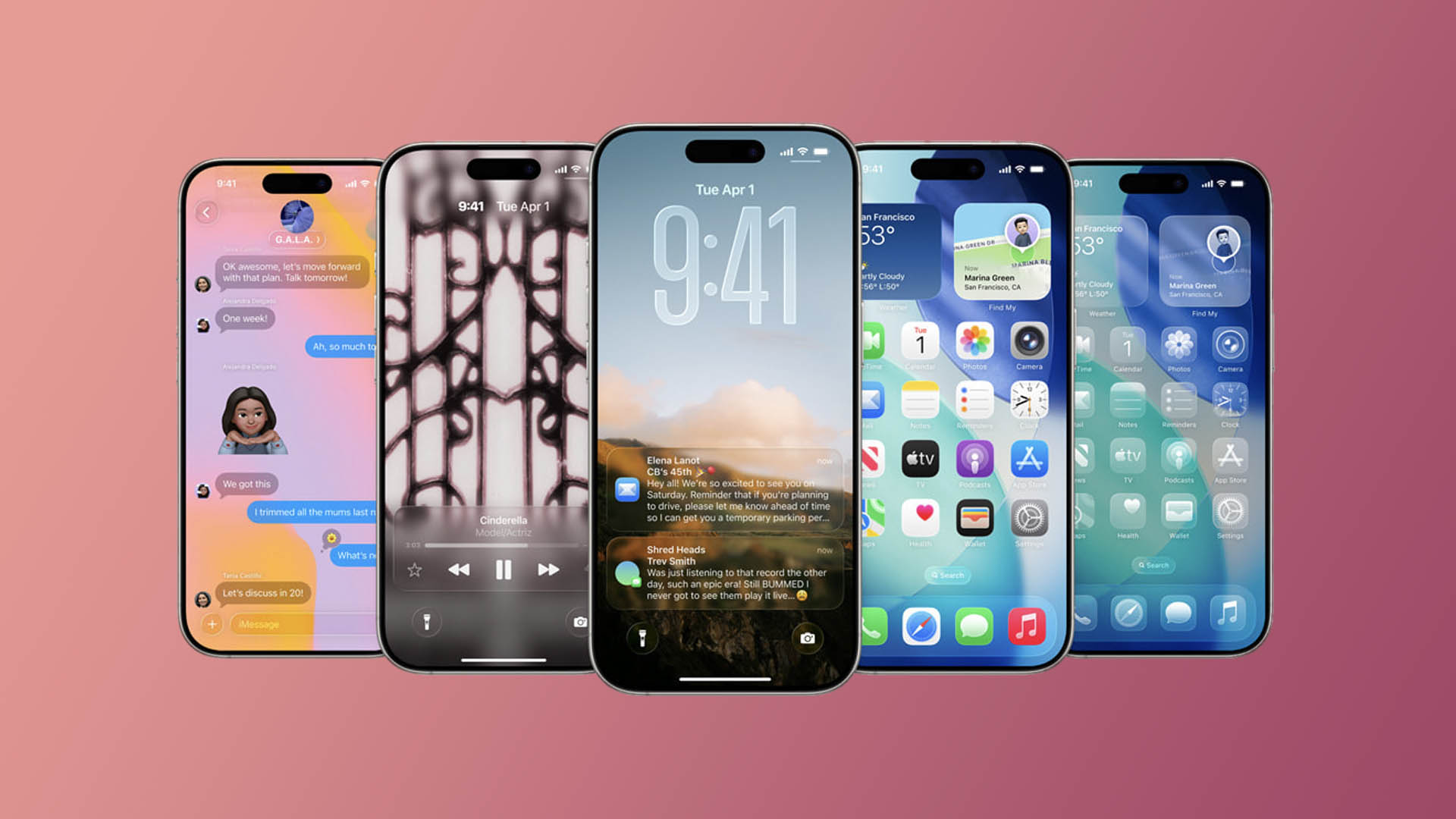
For years, some of us have been silently concerned about the amount of data we’ve been sharing with Facebook, but decided not to worry too much about it.
After all, nothing too bad had come of it, so it was almost reassuring for us to tell ourselves it wasn’t a ticking time bomb by any stretch.
However, following the Cambridge Analytica revelations, we’ve all gone into a panic. We’ve been urged to delete our Facebook accounts, or at least make them as private as possible.
In the next few days we’ll probably be busy stopping Facebook from logging all our calls and texts, but if we’d listened to Steve Jobs way back when then maybe we wouldn’t have to.

The Apple co-founder, who died in 2011, issued a warning about privacy in 2010 which feels very prescient today.
Indeed, the comments were made with Facebook’s Mark Zuckerberg watching – so much so that the two other people on stage at the All Things Digital conference pre-emptively apologised to him.
They demonstrate that openness about privacy was already a major concern, even if those within Silicon Valley saw it differently to regular joes, to the point that following his advice at the time could have made a significant difference to the situation we’re facing now.
Get exclusive shortlists, celebrity interviews and the best deals on the products you care about, straight to your inbox.
Asked about “a spate of mistakes, or false starts, or things to do with privacy where companies have had to retreat,” he gave the following, measured response.
“Silicon Valley is not monolithic [and Apple has] always had a very different view of privacy than some of our colleagues in the Valley,” Jobs began.
“We take privacy extremely seriously. As an example we worry a lot about location in phones, and we worry that some 14-year-old is going to get stalked and something terrible is going to happen because of our phone.
“So, as an example, before any app can get location data we don’t make it a rule that they have to put up a panel and ask because they might not follow that rule. They call our location services and we put up the panel, saying ‘this app wants to use your location data, is that OK with you?’ Every time they want to use it.
“We do a lot of things like that to ensure people understand what these apps are doing. That’s one of the reasons we have the curated App Store – we have rejected a lot of apps that want to take a lot of your personal data and suck it up into the cloud… a lot.
“A lot of people in the Valley think we’re really old-fashioned about this, and maybe we are, but we worry about stuff like this.

“Privacy means people know what they’re signing up for, in plain English, and repeatedly. That’s what it means. I’m an optimist; I believe people are smart, and some people want to share more data than other people do.
“Ask them. Ask them every time. Make them tell you to stop asking them if they get tired of your asking them. Let them know precisely what you’re going to do with their data.
It seems a lot of people don’t have the firmest handle on how much of their data is being shared with certain third parties, and at the very least there’s an argument that they haven’t always been asked repeatedly.
And while Jobs might not have nailed the specifics of what would follow, he laid bare the situation in which individuals’ personal data could be spread far and wide.
It may be the case that the cat is now too far out of the bag for it to be put back in, but it is worth knowing the current issues weren’t entirely unforeseen – even within Silicon Valley itself.
(Images: Getty)

